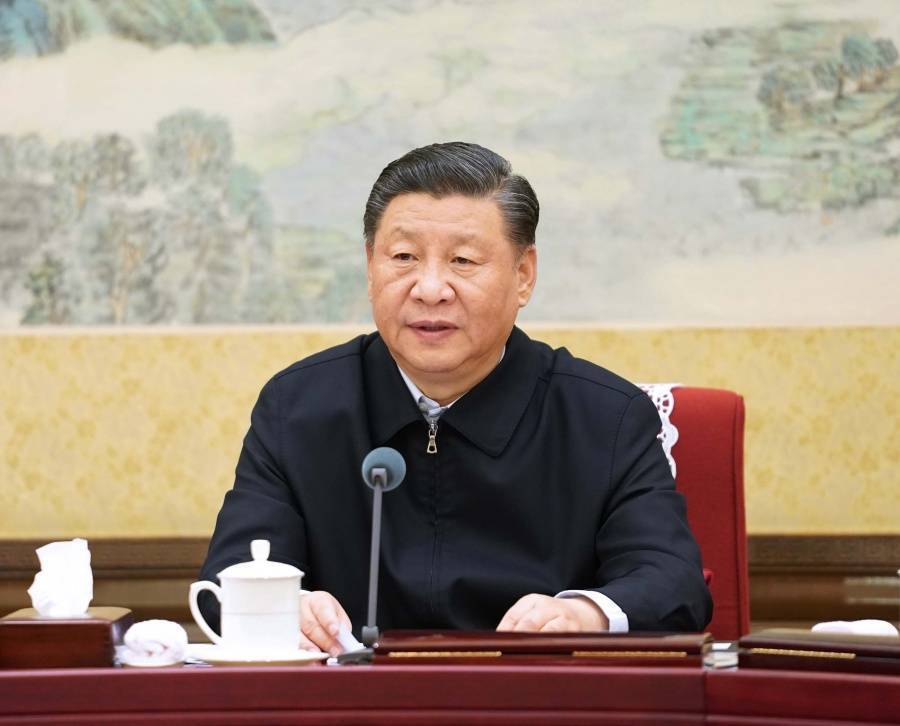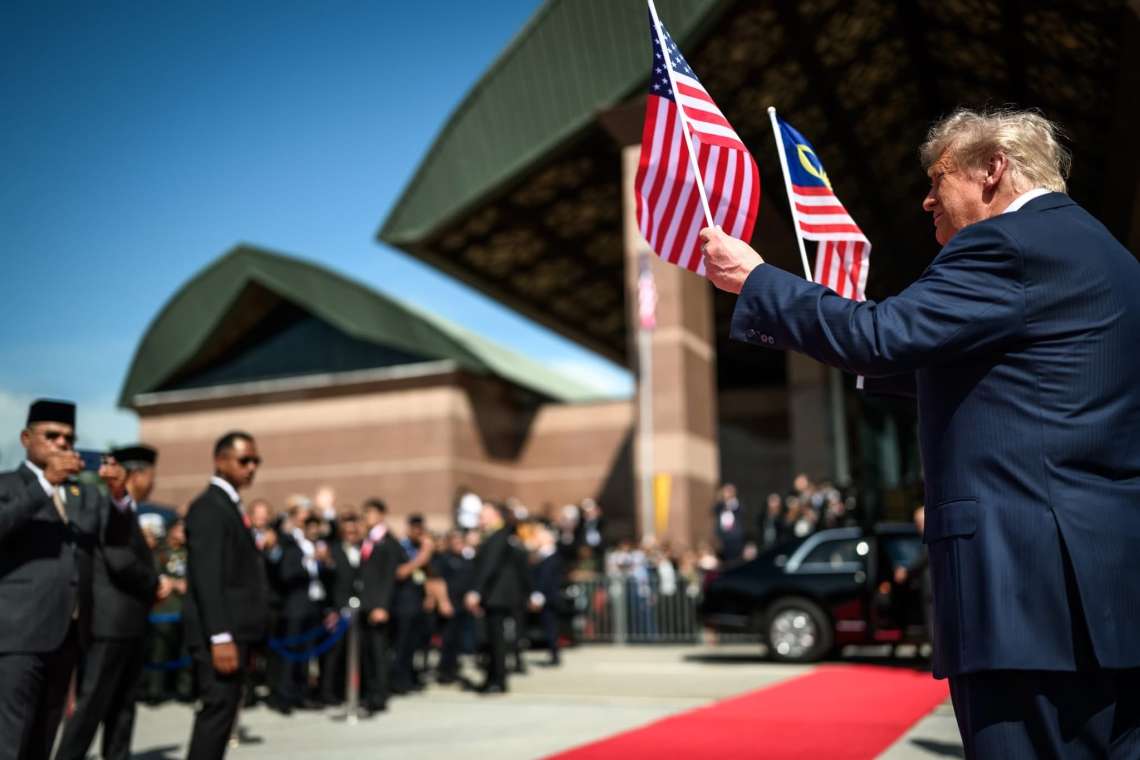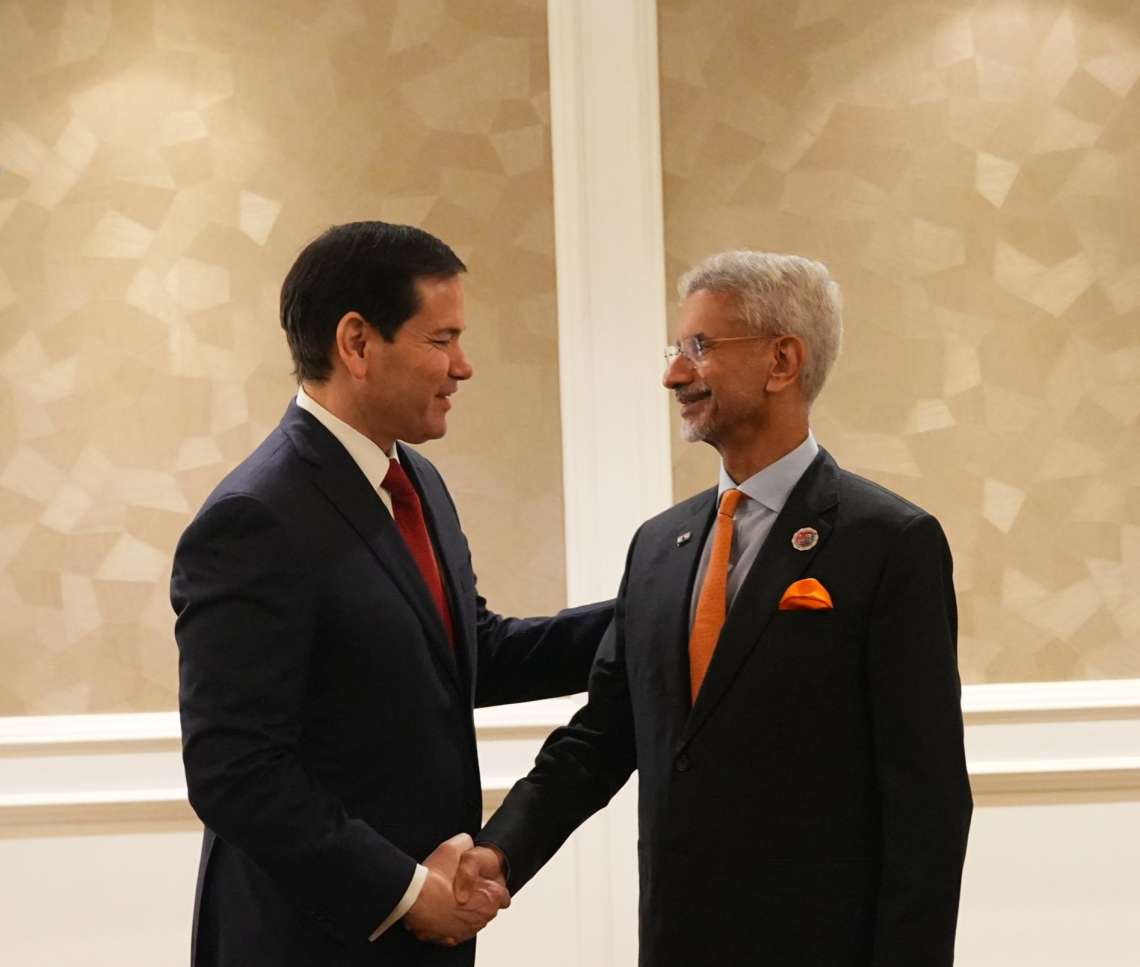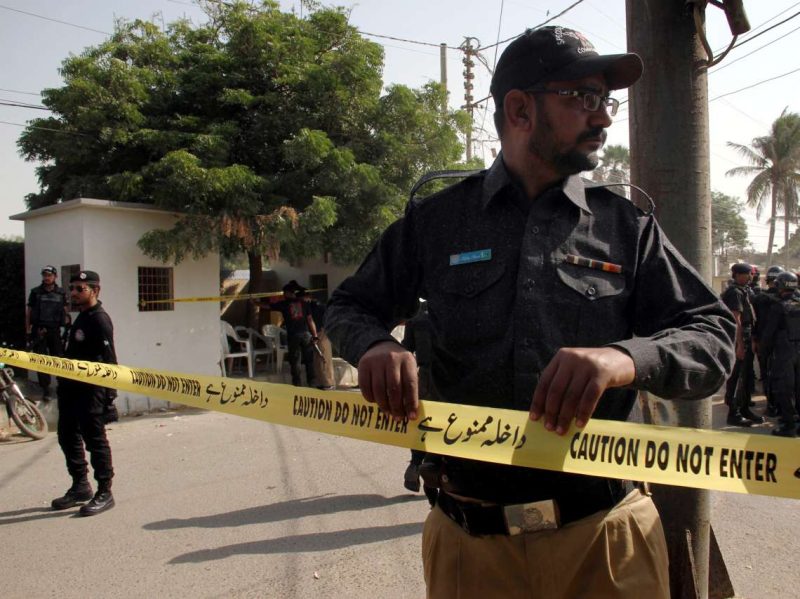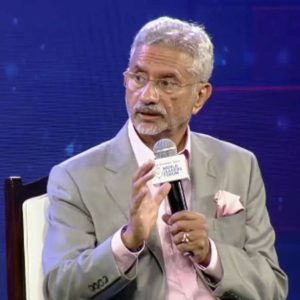Experts believe that the visits of Foreign Ministers might prove to be a symbiotic relationship where both China and the Middle East can develop mutual cooperation….reports Asian Lite News
Finding it a “great opportunity”, China is seeking to strengthen its strategic tie-ups in the Middle East in the fields of energy, technology, and infrastructure, as the United States is uprooting itself from the whole middle eastern region after investing heavily in the region.
In January this year alone, senior representatives from Arab countries including Saudi Arabia, Iran and Turkey, have visited China to discuss investments in security technology, infrastructure and energy resources including oil, a Canada-based think tank, International Forum for Rights and Security (IFFRAS) said on Wednesday.
Saudi Arabia’s Faisal bin Farhan Al Saud was the first foreign minister who came come to China, as per IFFRAS.
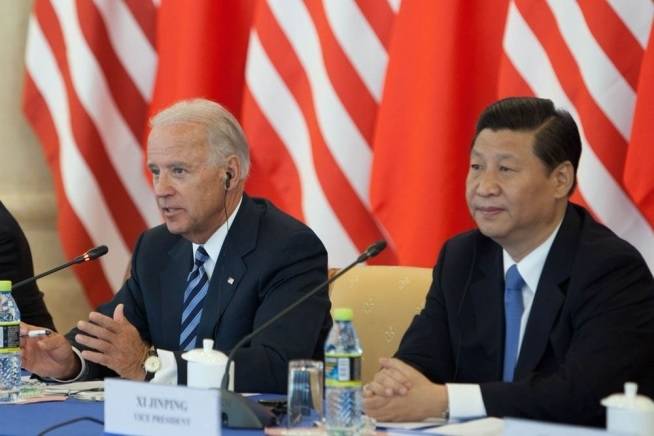
A meeting between Faisal Al Saud and Wang Yi, Foreign Minister and State Councillor was held in Wuxi, Jiangsu province of East China on January 10 where the two nations expressed their great interest in each other’s Marquee schemes such as “Vision 2030” and “Green Middle East” of Saudi Arabia and “Belt and Road Initiative” of China.
While other foreign Ministers who visited China last month were Kuwait’s Sheikh Ahmad Nasser Al-Mohammad Al-Sabah, Oman’s Sayyid BadrAlbusaidi and Bahrain’s Dr Abdullatif bin Rashid Al-Zayani, IFFRAS reported adding that analysts believe that these meetings may pave the way for a China-GCC FTA (Free Trade Agreements).
Experts believe that these visits of Foreign Ministers might prove to be a symbiotic relationship where both China and the Middle East can develop mutual cooperation. Apart from physical visits, there have been many virtual meetings as well between the Arab nations and China.
To boost its relationship with the Middle East, China has also contributed greatly in COVID-19 pandemic times. China’s pharmaceutical juggernaut, Sinopharm has developed a local COVID vaccine manufacturing plant in the KIZAD zone of UAE, according to IFFRAS.
Meanwhile, there have also been talks among China and Iran to revive the 2015 Iranian Nuclear Deal.
In a report by New York Times, analysts claim that in a larger picture, China’s reluctance in engaging in regional politics unlike the US could prove to be deleterious for Sino-Arab relations. (ANI)


